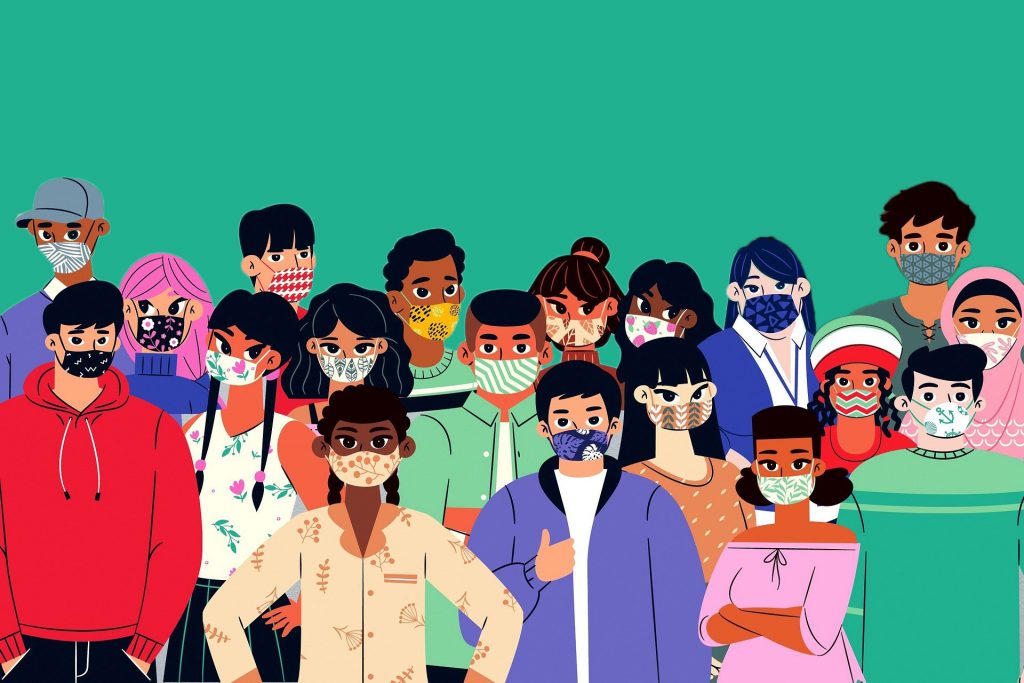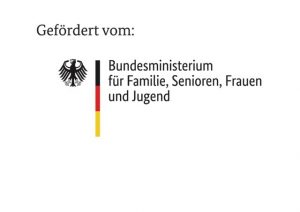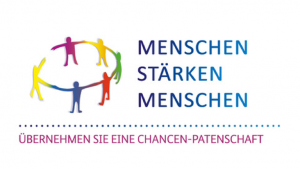We were all hit hard by the Covid-19 pandemic last year. Whether short-time work, job loss, problems with homeschooling and home office or even an infection with the virus. What is often forgotten is that migrants and refugees have to deal with the restrictions of the Covid pandemic in a different way. German courses do not take place, schooling is paused, in collective accommodations it is often not possible to keep enough distance. The information about the Corona virus and the associated restrictions is often full of technical terms and therefore not easy to understand for German learners.
For this reason, Wir sind Paten Dresden and Wir sind Paten Leipzig organized an information event at the beginning of February entitled Covid-19 simply explained – How do migrants experience the pandemic? The speaker was Ms. Bachouri, a health and nursing scientist. The event summarized the most important facts about Covid-19 and gave participants the opportunity to share their own experiences with the disease or the effects of the pandemic. The presence of a translator ensured that the information was fully understandable to all participants.
After a short round of introductions, the most important facts about Covid-19 were discussed. Questions such as „What is the difference between a virus and a bacterium?“, „Who belongs to the high-risk group, what are symptoms and long-term consequences of the disease?“ and „What is the difference between influenza and the Covid disease?“ were explained using diagrams and apt bullet points. The AHA rule (distance- hygiene- everyday mask) was also reviewed with reference to the new regulation, namely the wearing of medical masks. How to proceed if one had contact with an infected person and what the regulations are for a quarantine or a Corona test were also addressed. One participant had already contracted Corona herself and shared her experience with the group.
In the conversation with the participants, it became clear that they all had similar experiences. Many reported „hoarding“ and panic in the first lockdown, existential worries, problems with home office and mental challenges, as well as uncertainties about what would happen if one got sick. One question that came up was, among others: „What do I do if I have Corona and can’t go grocery shopping?“ The simplest answer to this is to have friends and family do the shopping for you and leave it at the door. If that is not possible, shopping can also be arranged through a sponsorship (Patenschaft) from Wir sind Paten. There are also many other offers through associations, classified ads or neighborhood apps.
Reliable information in English can also be found on the World Health Organization site. The federal government also provides information in many languages (including Spanish, Russian, Arabic, Dari, etc.) about the coronavirus and current restrictions at
https://www.integrationsbeauftragte.de/ib-de/amt-und-person/informationen-zum-coronavirus.




